The Reckoning
Part I of the Oprah and Lance Armstrong interview: He admits to doping
Oprah didn’t waste any time in the opening act of her Lance Armstrong Confessional Theater. Less than a minute into the interview, she had Armstrong admit to the doping scheme that at this point felt like a foregone conclusion.
He admitted to having doped, by using banned substances like blood booster EPO, blood transfusions and testosterone injections, in all seven of his Tour de France wins.
He admitted to having doped, by using banned substances like blood booster EPO, blood transfusions and testosterone injections, in all seven of his Tour de France wins.
From there, Oprah led a nervous, defensive Armstrong down a line of questioning that forced him to address the condemning evidence and testimony against him.
Even still, wringing out the truth from Armstrong came across like a prosecutor examining a hostile witness. Conciliation is not, as we learned as the questioning went on, something Armstrong can do convincingly. Indignation? In spades.
Armstrong, after appearing to realize that he underestimated just how hard the former lifestyle guru was ready to hit him, began to deflect and sidestep on his answers. He admitted to covering up failed drug tests and that his “doing anything to win” attitude complemented his “bully”-like behavior.
But when Oprah began airing footage of him effectively perjuring himself in past testimonies, where he insisted he had never taken performance-enhancing drugs (the legal ramifications of which have yet to be fully explored), Armstrong became difficult to follow.
The interview was very much an examination (and exhibition) of Armstrong’s bravado and unwavering moral relativism. He attempted, seeming the most convinced than at any other point in the interview, to explain away that by cheating, he didn’t actually cheat. It doesn’t make any sense because it shouldn’t. Armstrong confusedly tried to map out that by doping in a sport made up of dopers, he was just playing by the rules.
It didn’t work. Perhaps most surprisingly, Armstrong just didn’t seem prepared. A baffling sentiment considering the ample prep time he’s had; maddening after Oprah reminded him at the beginning of the interview that they had agreed to a “no holds barred” one-on-one. It was as if he had never seen a televised confession before.
Things took a bizarre turn after testimony from two women: Emma O’Reilly, the former Postal Service team’s masseuse, and Betsy Andreu, the wife of a former teammate among the first to raise accusations of doping.
He became emphatic after being questioned about a 1996 hospital room confession where he told a doctor about his doping. Betsy Andreu overheard Armstrong and when she testified to the effect, and prodded him to respond, Armstrong refused to answer. But he did insist that he “never called her fat.” At that moment, Armstrong veered perilously close to seeming manic.
But what we didn’t get is what we came for: the honest, tearful mea culpa. Indeed, Armstrong did not express any recognizable sense of remorse for his behavior — disappointing, especially to the community of betrayed cyclists, who saw one of its staunchest, litigious fighters of doping in the sport to be among its worst offenders.
Part two, though, airing Friday night at 8 p.m. CST on OWN appears to be where Oprah goes for the confessional gizzard: She talks to him about his lost sponsorship deals, his excommunication from the Livestrong Foundation, how the scandal has affected his kids and the infamous Twitter photo.
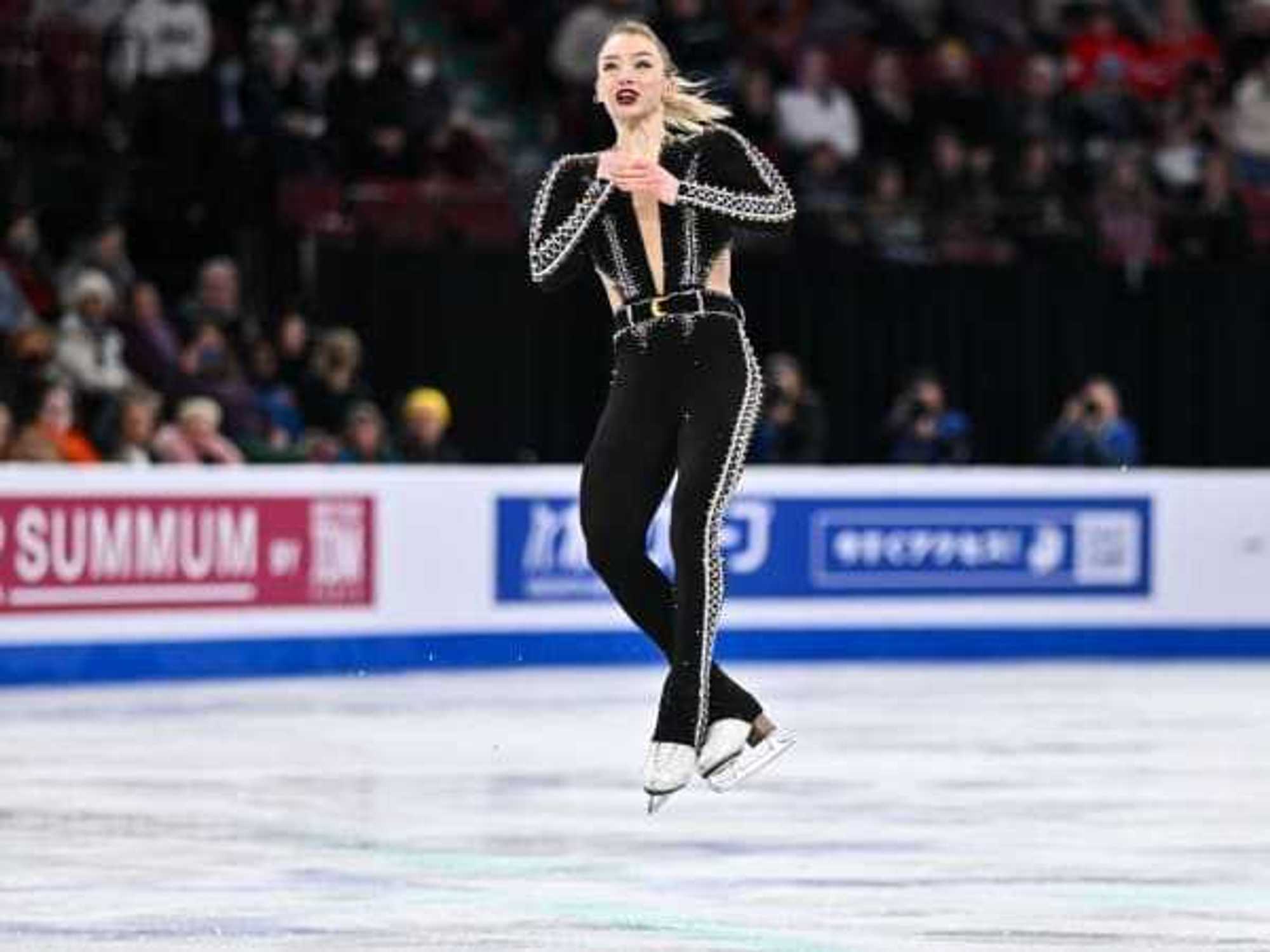
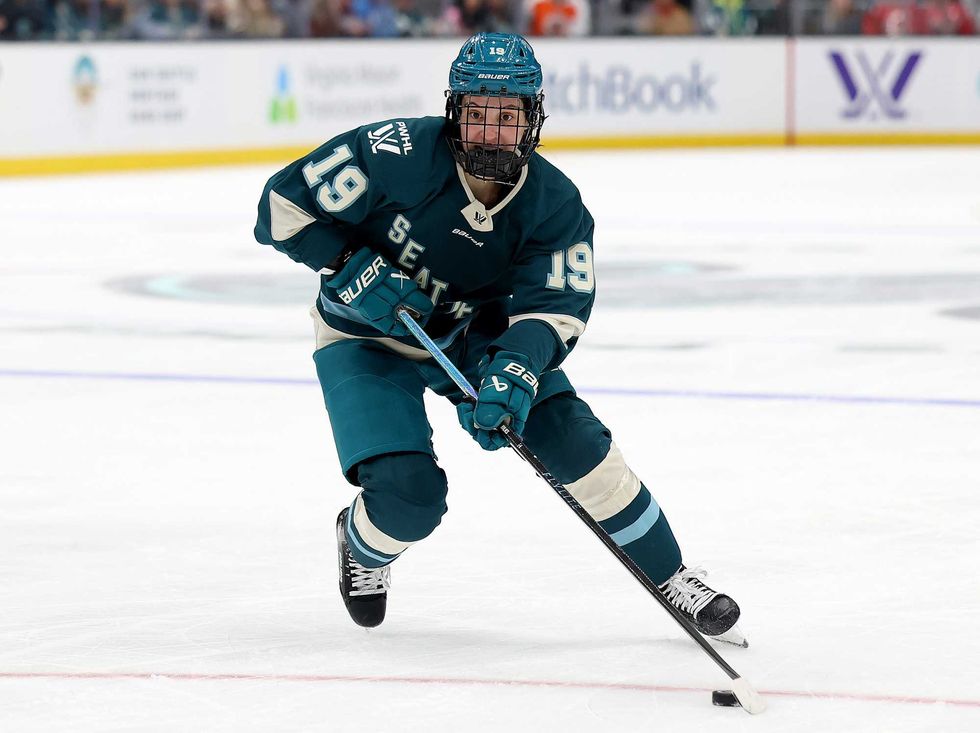 Hannah Bilka is one of two North Texans competing in this year's Games.Photo courtesy of Getty Images
Hannah Bilka is one of two North Texans competing in this year's Games.Photo courtesy of Getty Images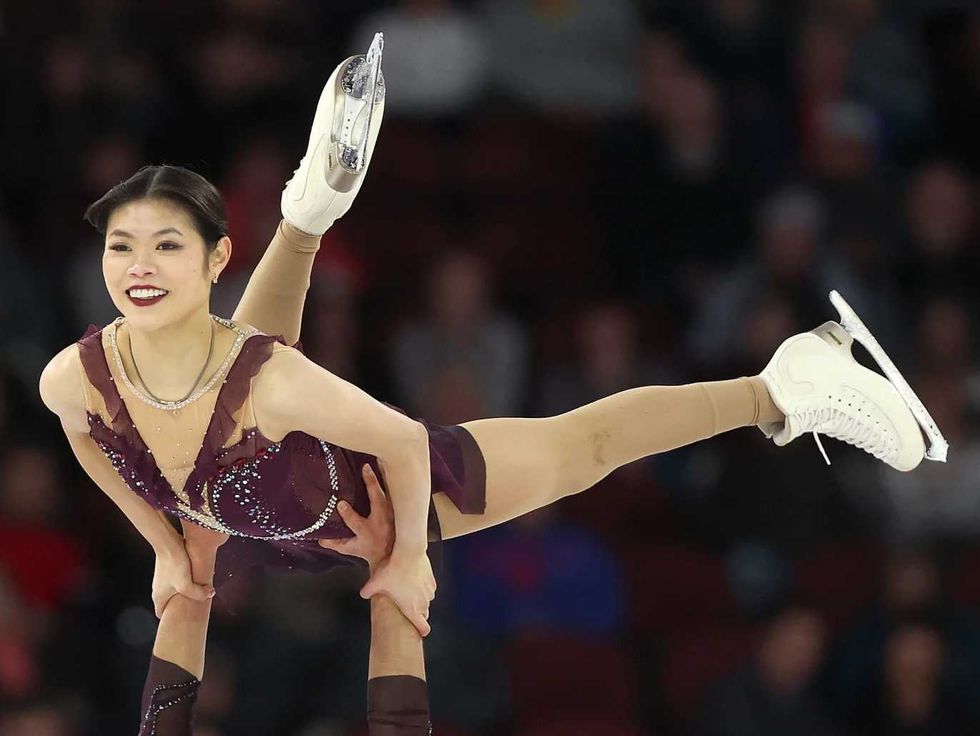 In addition to being a top-notch figure skater, Emily Chan is also trained in Chinese modern dance and ballet.teamusa.com/
In addition to being a top-notch figure skater, Emily Chan is also trained in Chinese modern dance and ballet.teamusa.com/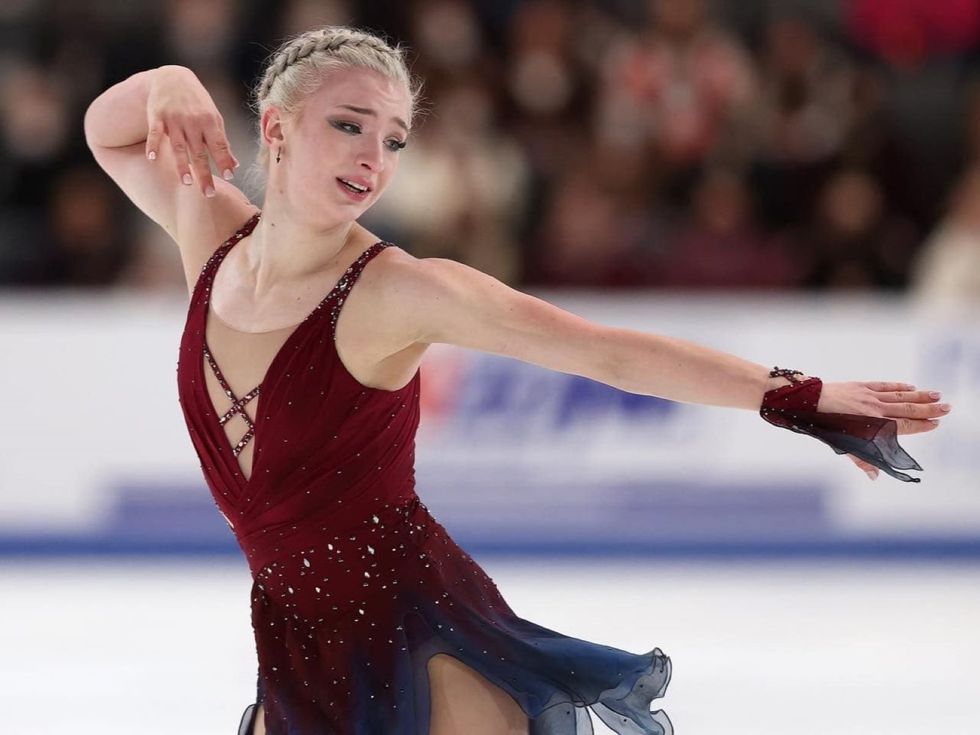 Plano's Amber Glenn will have the Dallas-Fort Worth crowd on its feet. Facebook/ISU
Plano's Amber Glenn will have the Dallas-Fort Worth crowd on its feet. Facebook/ISU 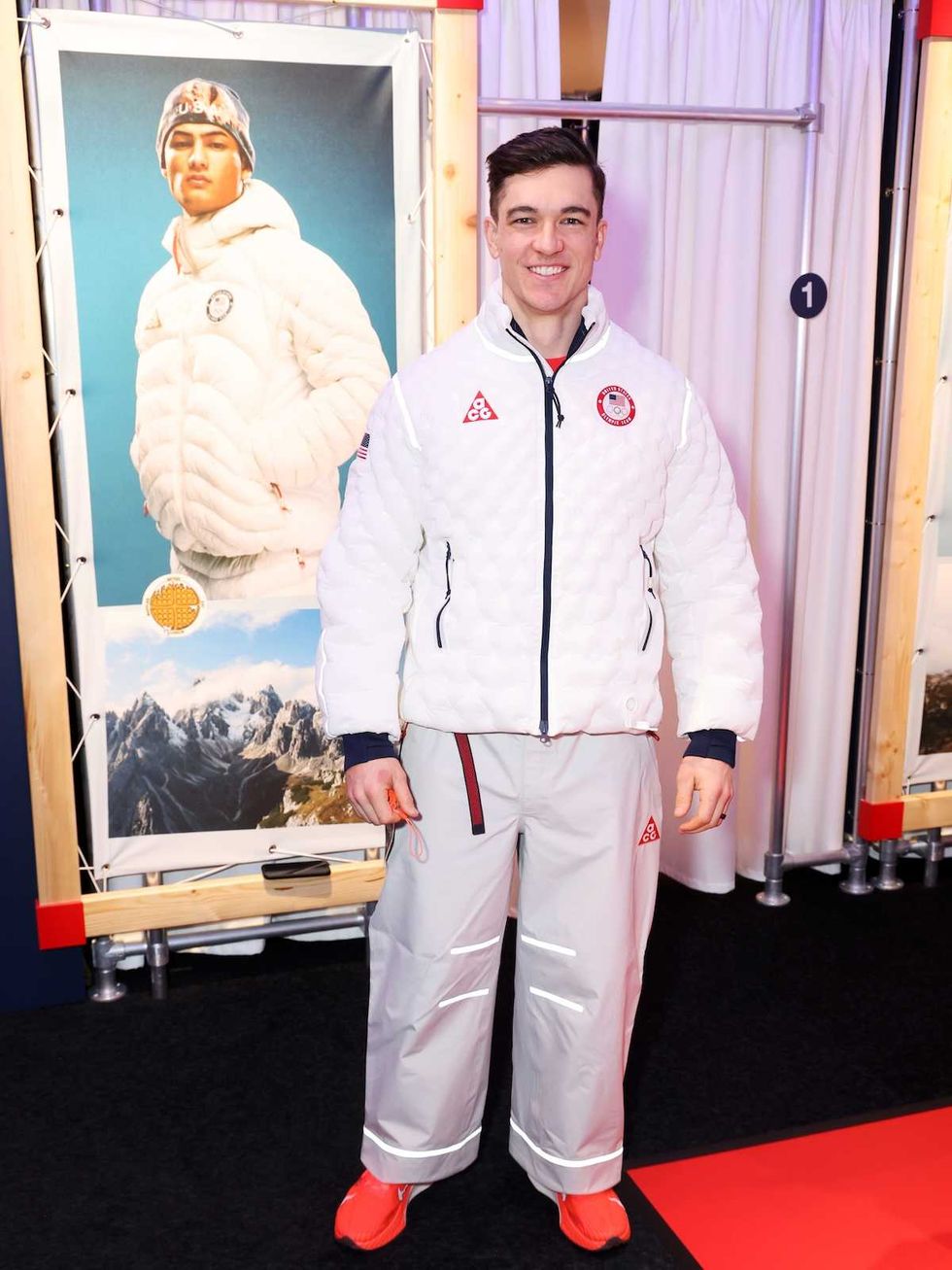 Boone Niederhofer is a former Texas A&M University football player.Photo courtesy of Getty Images
Boone Niederhofer is a former Texas A&M University football player.Photo courtesy of Getty Images